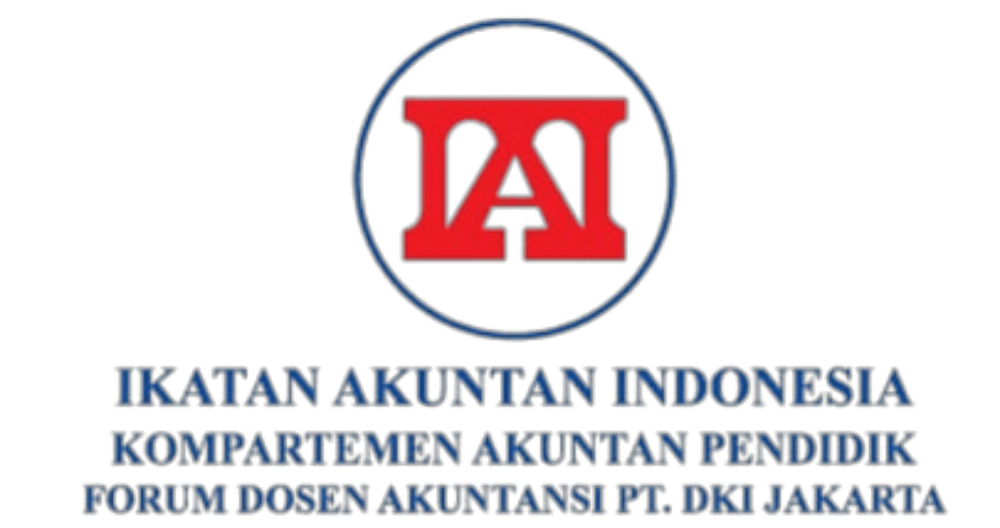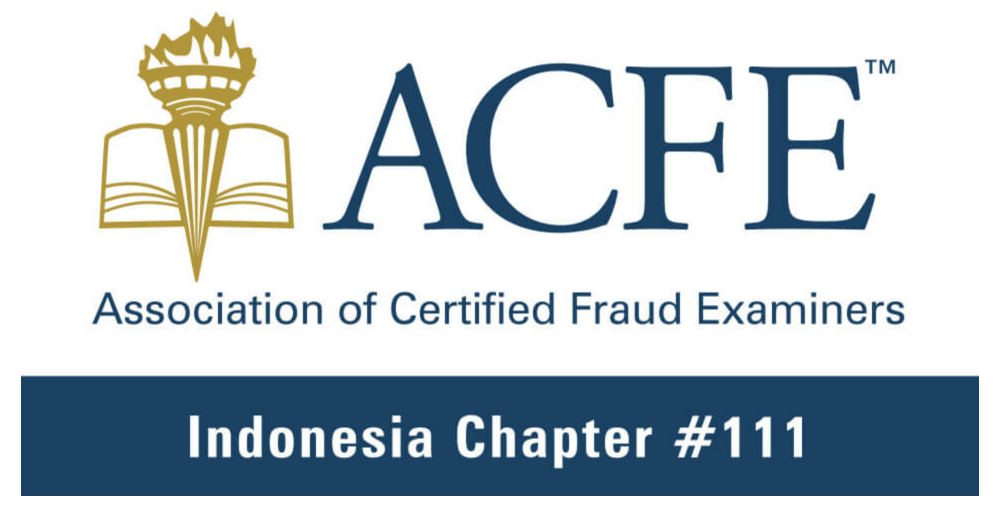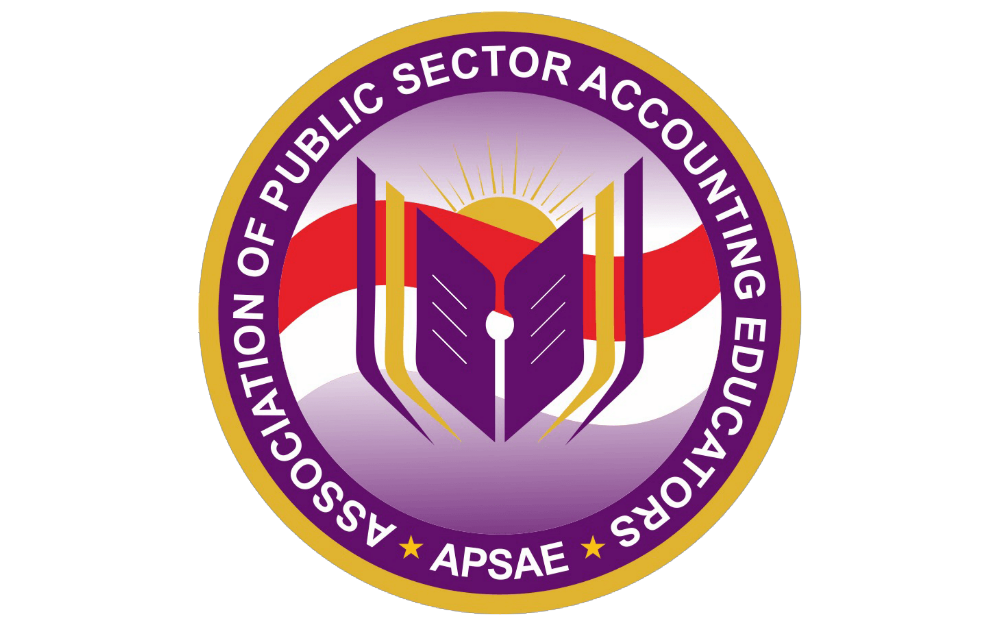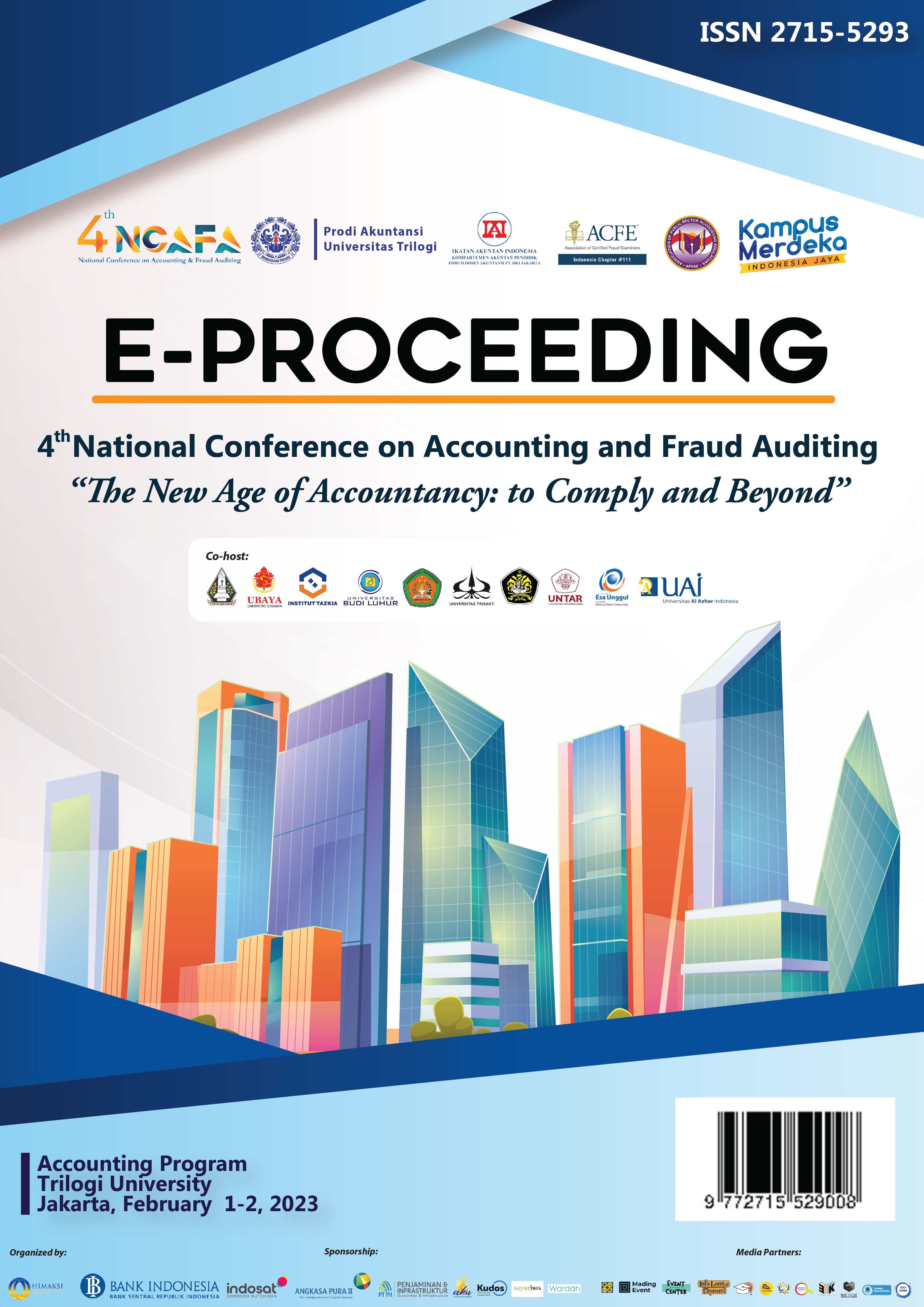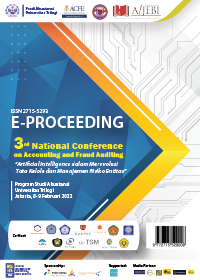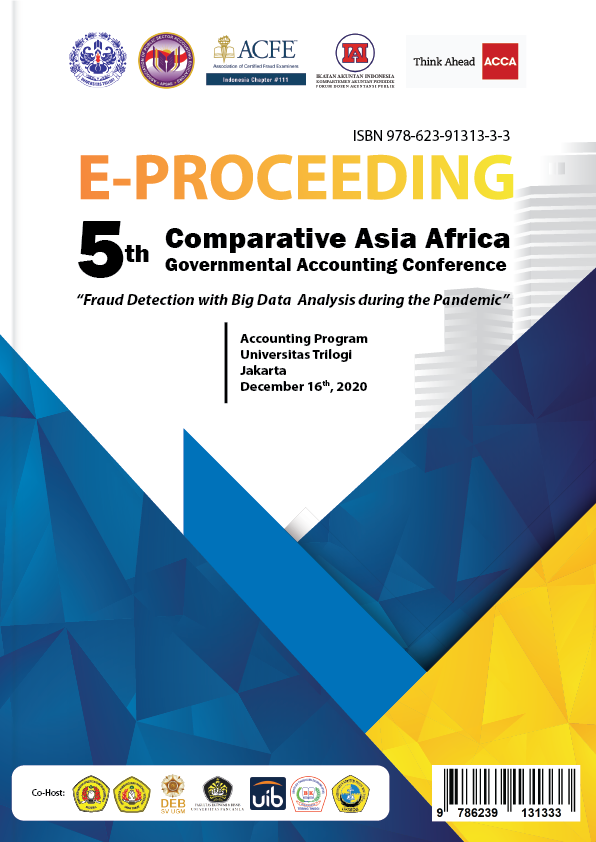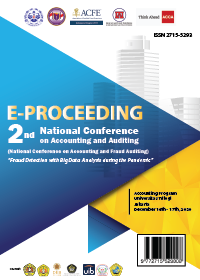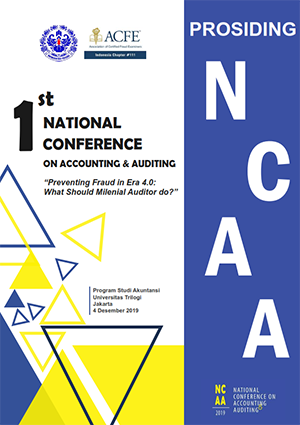STRATEGI SUSTAINABILITY DAN KEUNGGULAN BERSAING UMKM KULINER JAKARTA SELATAN
Abstract
This study aims to determine the understanding of Culinary UMKM in South Jakarta on sustainability strategies from a financial and non-financial perspective that can increase competitive advantage. The research method used is descriptive qualitative based on primary data through interviews with UMKM actors and the literature that supports the research. The sample of this research is the Culinary UMKM actors in the South Jakarta area with a total of 14. The results based on interviews show that UMKM actors in South Jakarta increase their competitive advantage by improving good service to consumers, improving the quality of the products produced and remaining consistent with what is being said. sold because it is a characteristic, maintaining the cleanliness of the place of business, and the location of the place of business is strategic. In carrying out the sustainability strategy achieved by UMKM actors to maintain and increase income, namely making financial reports by minimizing the purchase of production materials, as well as UMKM actors promoting through social media.
Keywords: Competitive Advantage; Culinary UMKM; Financial; NonFinancial; Sustainability Strategy.
Full Text:
PDFReferences
Alimudin, A., Falan, A. Z., Mudjanarko, S. W., & Limantara, A. D. (2019). “Analisis Pengaruh Penerapan Perspektif Balanced Scorecard Terhadap Peningkatan Kinerja UMKM.” Jurnal Ekonomi Universitas Kadiri, 1–17.
Aswin, A. dd, Ramadhan, A., Ludmuti, B. S., Romawan, D., & Kurniawan, M. A. (2021). “Keberlangsungan Bisnis Pada UMKM Di Tengah Pandemi Covid 19.” SEMINAR NASIONAL & CALL FOR PAPER HUBISINTEK, 420–431.
Dewi, N. M. P., & Ekawati, N. W. (2017). “Peran Keunggulan Bersaing Dalam Memediasi Pengaruh Orientasi Pasar Terhadap Kinerja Pemasaran.” E-Jurnal Manajemen Unud, 4947–4977.
Dewi Puspitawati, M., Ramayanti, R., Dahlia, L., & Purnengsih, I. (n.d.). Green Entrepreneurship Incubation Model for Students at Trilogy University Business Incubator: A Literature Review. https://doi.org/10.1051/e3sconf/202448301017
Fambudi, I. N., Aryati, T., & Mayangsari, S. (2023) “EFFECT OF ESG DISCLOSURE, ACCRUAL QUALITY, AND ASYMMETRIC INFORMATION ON FUTURE STOCK RETURNS WITH PRUDENCE AS A MODERATOR.” Journal of Southwest Jiaotong University, 58(5).
Fitria, S. M., & Novita, N. (2020). “Six Sigma Sebagai Strategi Bisnis Dalam Upaya Peningkatan Kualitas Produk.” Jati: Jurnal Akuntansi Terapan Indonesia. https://doi.org/10.18196/jati.030121
Hilmiana, and Desty Hapsari Kirana. (2021). “Peningkatan Kesejahteraan UMKM Melalui Strategi Digital Marketing.” Kumawula : Jurnal Pengabdian Kepada Masyarakat 124–39.
Kadarningsih, A. (2013). “Keunggulan Bersaing: Faktor-Faktor yang Mempengaruhi Dan Dampaknya pada Kinerja Selling-In.” Media Ekonomi & Teknologi Informasi, 1–18.
Mulya, Ali Sandy. (2017). “Pengaruh Generic Strategy, Corporate Governance Terhadap Sustainable Enterprise Dengan Set Peluang Investasi Sebagai Variabel Intervening.”
Porter, M. (2008). “Competitive Advantage (Keunggulan Bersaing): Menciptakan dan Mempertahankan Kinerja Unggul.” Kharisma Publisher.
Rachmawati, N. A., Gani, L., & Rossieta, H. (2017). | 144 | LOYALITAS NASABAH DAN KINERJA PERBANKAN DI INDONESIA. Jurnal Keuangan Dan Perbankan, 21(1), 144–156.
Rachmawati, N. A., & Martani, D. (n.d.). Book-Tax Conformity Level on the Relationship between Tax Reporting Aggressiveness and Financial Reporting Aggressiveness.
Rachmawati, N. A., & Martani, D. (2014). PENGARUH LARGE POSITIVE ABNORMAL BOOK-TAX DIFFERENCES TERHADAP PERSISTENSI LABA. Jurnal Akuntansi Dan Keuangan Indonesia, 11(2).
Rachmawati, N. A., Ramayanti, R., & Setiawan, R. (2021). “Tingkat Kesadaran dan Kesiapan Pelaku Umkm Dalam Menyusun Laporan Keuangan dan Pajak.” Jurnal Akuntansi Dan Bisnis. https://doi.org/10.20961/jab.v21i2.646
Rachmawati, N. A., Utama, S., Martani, D., & Wardhani, R. (2019). Determinants of the complementary level of financial and tax aggressiveness: A cross-country study. International Journal of Managerial and Financial Accounting, 11(2), 145–166.
Rachmawati, N. A., Utama, S., Martani, D., & Wardhani, R. (2020). DO COUNTRY CHARACTERISTICS AFFECT THE COMPLEMENTARY LEVEL OF FINANCIAL AND TAX AGGRESSIVENESS? AAMJAF, 16(1), 45–62.
Rachmawati, N. A., Utama, S., Martani, D., & Wardhani, R. (2023). Complementary level of financial and tax aggressiveness and the impact on cost of debt: A cross-country study. South African Journal of Accounting Research, 37(3), 161–176.
Rakian, Regina Bella Titaria, Grace B. Nangoi, and Stanley Kho Walandouw. (2021). “Penerapan Balanced Scorecard Sebagai Alat Ukur Kinerja Perusahaan Pada PT. Pegadaian (PERSERO) Kantor Wilayah V Manado.” Jurnal EMBA 1301–12.
Rangkuti, Freddy. (2018). SWOT Balanced Scorecard: Teknik Menyusun Strategi Korporat Yang Efektif plus Cara Mengelola Kinerja Dan Risiko. 12th ed. Gramedia Pustaka Utama.
Sahri, N. A., & Novita, N. (2019). “Kaizen Costing sebagai Perbaikan Berkelanjutan untuk Meningkatkan Keunggulan Bersaing pada E-Commerce.” Jurnal Kajian Akuntansi. https://doi.org/10.33603/jka.v3i1.2136
Salsabila, Aisyah Azzah, and Freda Zerlina. (2021). “Balanced Scorecard: Sebuah Tantangan Baru Dalam Eksekusi Strategi Perusahaan.”
Sasongko, Dedy. (2020). “Kementerian Keuangan Republik Indonesia.” Https://Www.Djkn.Kemenkeu.Go.Id/Artikel/Baca/13317/UMKM-Bangkit-Ekonomi-Indonesia-Terungkit.Html.
Sugiyono. (2017). Metode Penelitian Kualitatif, Kuantatif, Dan R&D. Bandung: Alfabeta.
Supit, Amelia Adinda Nancy, Jantje J. Tinangon, and Harijanto Subijono. (2014). “Analisis Kinerja NonKeuangan PT. Otsuka Indonesia Cabang Manado.” 1607–16.
Tjiptono, F., & Chandra, G. (2012). Pemasaran Stratejik. ANDI.
Wardhana, Aditya. (2015). “Strategi Digital Marketing Dan Implikasinya Pada Keunggulan Bersaing UKM Di Indonesia.” Seminar Nasional Keuangan Dan Bisnis IV UPI 327–37.
Zamzami, Muhammad, and Novita. (2021). “Apakah Gemba Kaizen Mampu Meningkatkan Kinerja Nonkeuangan Pendidikan Tinggi?” Jurnal Akuntansi Multiparadigma 207–20.
DOI: https://doi.org/10.31326/.v5i2.1995
Refbacks
- There are currently no refbacks.

